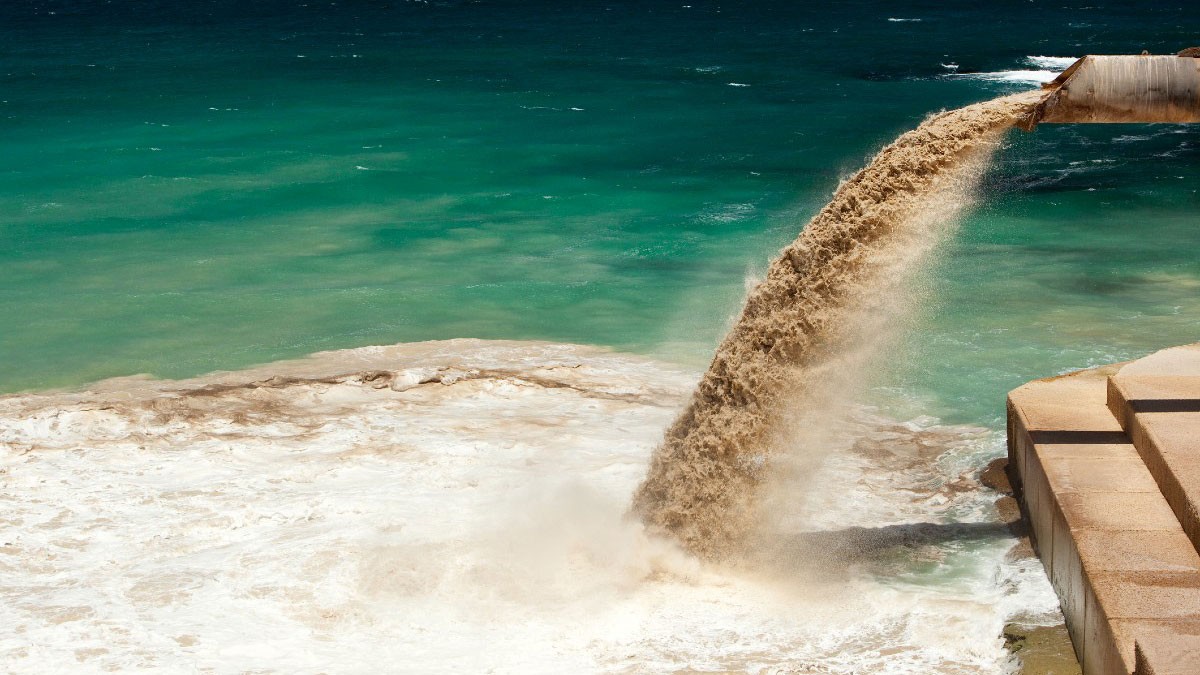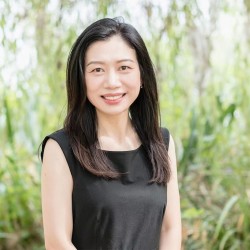As PM faces sewage rebellion, the University of Surrey starts a project that could help treat wastewater
As the Environment Bill makes its way through parliament, a scientist from the University of Surrey has won funding from the Royal Society to further develop a method that could help treat wastewater and convert it into an energy source.

In light of recent news that some water companies are pumping raw sewage into rivers, Dr Bing Guo, an expert in bioinformatics at the University of Surrey, has secured a research grant through a Royal Society scheme that provides funding for new projects of timeliness and promise. Dr Guo, who has published a number of academic papers examining how to reduce CO2 emissions and increase energy and nutrient recovery from wastewater, will use this funding to develop her work further. She will investigate how biofilms – thin but robust sticky layers on a solid surface which contain a community of bacteria and other microorganisms – can better remove ammonia from wastewater.
Conventional, aerobic methods of ammonia removal and sewage treatment require the use of electricity to provide microbes with enough oxygen, while a by-product of the process is carbon dioxide. In contrast, anaerobic ammonia oxidation, or anammox, can reduce energy consumption, capture carbon dioxide and reduce operational costs. However, anammox is unreliable at the lower temperatures found on sewage treatment plants outside of the tropics. Dr Guo is using real-time gene sequencing to investigate how biofilms can address this and which specific bacteria interact most effectively with anammox bacteria.
In a recent paper published in Bioresource Technology, Dr Guo explored other elements of how different microorganisms impact each other in the sewage treatment process. This paper looked at how anaerobic digestion is helped by the addition of granular activated carbon through better direct interspecies electron transfer, which enables different types of microorganisms to benefit each other. The paper also noted how operational factors and engineering play an important role in managing microbial communities, with implications for future plant design and operation, and explored how methane emitted in the process can be captured.
Dr Bing Guo said:
“Untreated raw wastewater was discharged directly into rivers for more than three million hours across the UK in 2020. This means ammonia levels will have surged, causing significant damage to aquatic ecosystems. Yet, we’re working towards better ways of cleaning sewage and even turning it from being a pollutant into a CO2 sink. With more research, we hope to have an answer that could transform sewage treatment, even in temperate countries like Britain.”
Media Contacts
External Communications and PR team
Phone: +44 (0)1483 684380 / 688914 / 684378
Email: mediarelations@surrey.ac.uk
Out of hours: +44 (0)7773 479911
